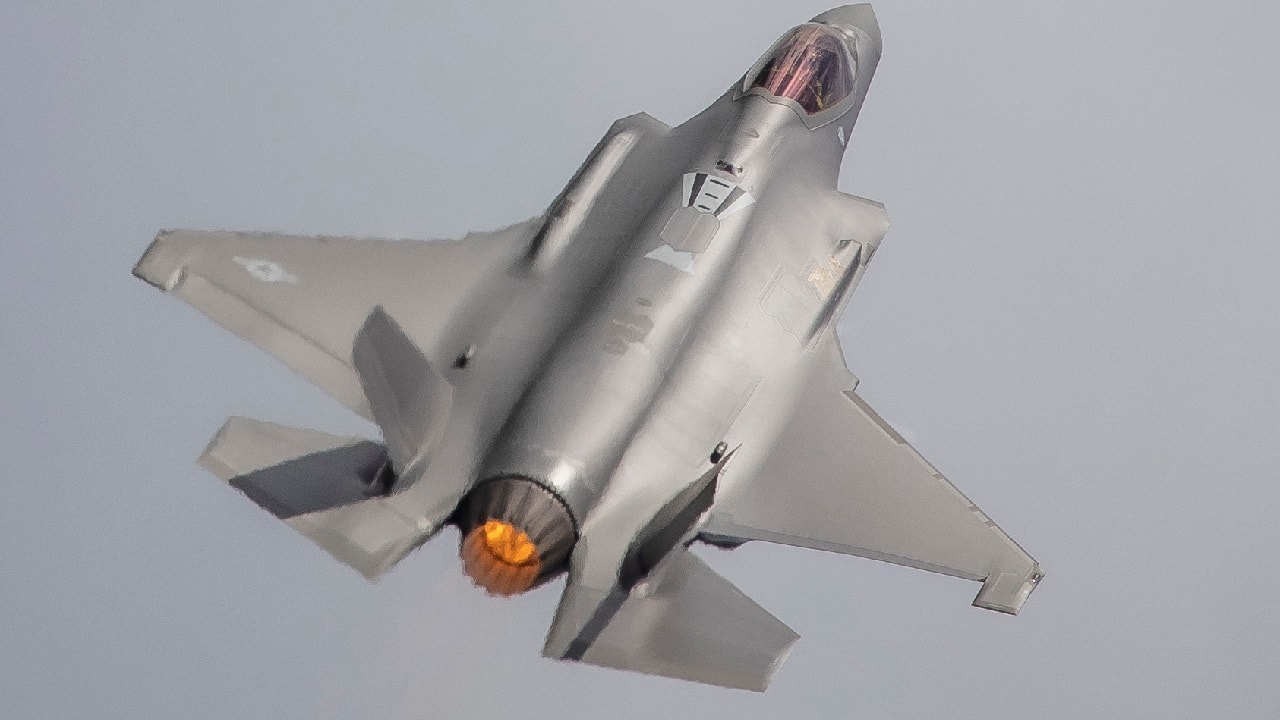Greece Is Getting the F-35 and Turkey only the F-16 – Why? Though both Greece and Turkey are “officially” allies of the United States, and each is a NATO member – Washington is clearly showing favor to Athens.
It will likely continue to snub Ankara, at least regarding U.S. military aircraft.
Speaking this week at the Delphi Economic Forum in Washington, Senator Bob Menendez (D-N.J.), chairman of the Senate Foreign Relations Committee, gave the green light for the sale of the Lockheed Martin F-35 Lightning II to Greece.
Menendez noted the upgraded defense cooperation that now exists between Greece and the United States and suggested that Greece did nothing to provoke Turkey. Menendez has repeatedly vowed to block any plan to sell the F-16 Fighting Falcon, also made by aerospace giant Lockheed Martin, to Ankara.
No F-35 and Now No F-16? Congress Blocking Sale
It was just last week that a bipartisan group of U.S. lawmakers said that the United States Congress would not support the $20 billion sale of the F-16 fighter jets to Turkey until Ankara ratifies the NATO membership of Finland and Sweden.
The two historically neutral nations had applied last year to join the international military alliance after Russia launched its unprovoked invasion of Ukraine, but each has faced unexpected objections from Turkey.
Ankara had called for Helsinki and Stockholm to take a tougher line against the Kurdistan Workers’ Party (PKK), which is considered a terrorist group by the Turkish government and European Union (EU).
Though progress was made following a NATO member meeting in Madrid last year, Ankara suspended talks in January following protests in Stockholm, during which a far-right Danish politician burned a copy of the Koran, the Muslim holy book.
In a letter to President Biden, twenty-nine Democratic and Republican senators argued that the two Nordic nations were making “full and good faith efforts” to meet the conditions for NATO membership asked for by Ankara.
However, Turkey has continued to call for Sweden to do more. It was the first time that the sale of the aircraft was explicitly and directly linked to NATO accession bids for the two nations.
Turkey has also said it could approve Finland’s NATO membership, but Helsinki has maintained that the security of the two Nordic nations is mutually dependent.
Congress can block foreign arms sales, but it is unlikely it could muster the two-thirds majorities in both chambers to overcome the likely presidential veto from Biden.
What Turkey Wanted
Turkey, which had famously been expelled from the F-35 Joint Strike Fighter program after it went forward with the acquisition of the Russian-made S-400 “Triumf” air-defense system, had requested in October 2021 to acquire forty newly-built F-16 Fighting Falcons from the latest block, along with eighty modernization kits for its existing aircraft.
Ankara had originally sought to buy upwards of 100 F-35s for its air force. It is now seeking the “next best thing” with the F-16s for the short term; while Turkey continues to domestically develop its own next-generation aircraft, the TAI TF-X, a stealth, twin-engine all-weather air superiority fighter that could enter service by the early 2030s.
At this point, it is increasingly likely the TF-X will be operational before Turkey receives any U.S.-made aircraft.
Author Expertise and Experience:
A Senior Editor for 19FortyFive, Peter Suciu is a Michigan-based writer. He has contributed to more than four dozen magazines, newspapers, and websites with over 3,200 published pieces over a twenty-year career in journalism. He regularly writes about military hardware, firearms history, cybersecurity, politics, and international affairs. Peter is also a Contributing Writer for Forbes and Clearance Jobs. You can follow him on Twitter: @PeterSuciu.

